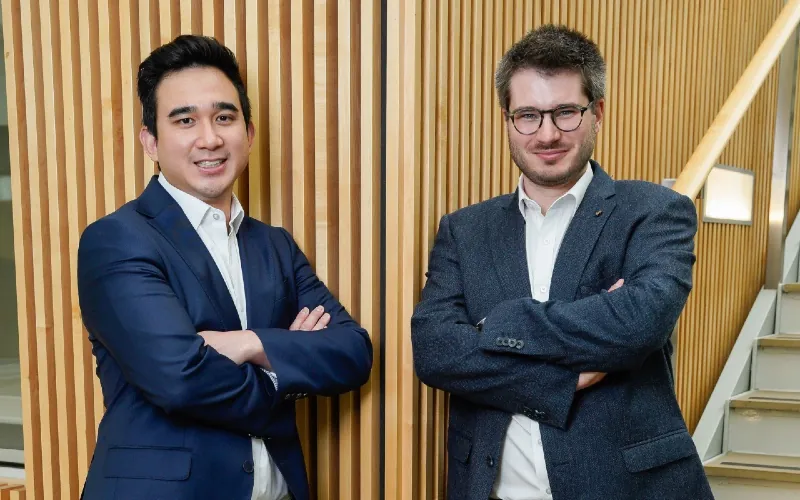A developer of an implanted electric field therapy (EFT) device for brain tumours has been awarded a £1.26m grant under the Biomedical Catalyst programme.
The funding will support key technical and regulatory milestones to prepare for QV Bioelectronics’ (QV) first-in-human trial of GRACE, the first fully implanted EFT system designed to deliver continuous, targeted therapy within the brain.
Recent preclinical studies have demonstrated strong efficacy with QV’s technology, helping to advance GRACE towards clinical application and the future of glioblastoma treatment.
Glioblastoma, the most aggressive and common primary brain tumour in adults, continues to have one of the poorest prognoses in oncology.
The Cheshire-based MedTech is developing GRACE to address this urgent need.
Currently in preclinical development, the implant uses electric fields to disrupt cancer cell division while sparing healthy tissue.
The firm is pioneering implantable bioelectronics in oncology to improve survival and quality of life for brain tumour patients.
The Biomedical Catalyst funding will support key preclinical, regulatory and clinical readiness activities, including device validation, further safety testing and engagement with the MHRA and NHS Research Ethics Committees.
It will also support the formation of a clinical steering group and preparations for an initial human study.
QV has reported encouraging preclinical safety and efficacy data, holds multiple granted patents and has secured over £3m in grant funding, alongside more than £3m in equity investment.
The company is working to establish GRACE as a future first- line treatment for glioblastoma, with future potential in paediatric and metastatic brain tumours.
“This grant represents a strong vote of confidence in our technology from a highly respected Innovate UK programme,” said Dr Christopher Bullock, CEO of QV Bioelectronics.
“The funding will enable us to achieve key milestones as we move our world-first technology towards patients for the first time.”
Paul Brennan, professor of clinical and experimental neurosurgery, honorary consultant neurosurgeon & clinical director of neurosurgery at the University of Edinburgh and NHS Lothian, added: “GRACE represents a promising new approach to treating glioblastoma, a particularly aggressive brain cancer.
“The ability of EFT to target tumour cells while sparing healthy tissue has the potential to significantly improve patient outcomes and quality of life.
“At the University of Edinburgh, we have contributed to the development of this project and are excited about the prospect of the first in human study.”


